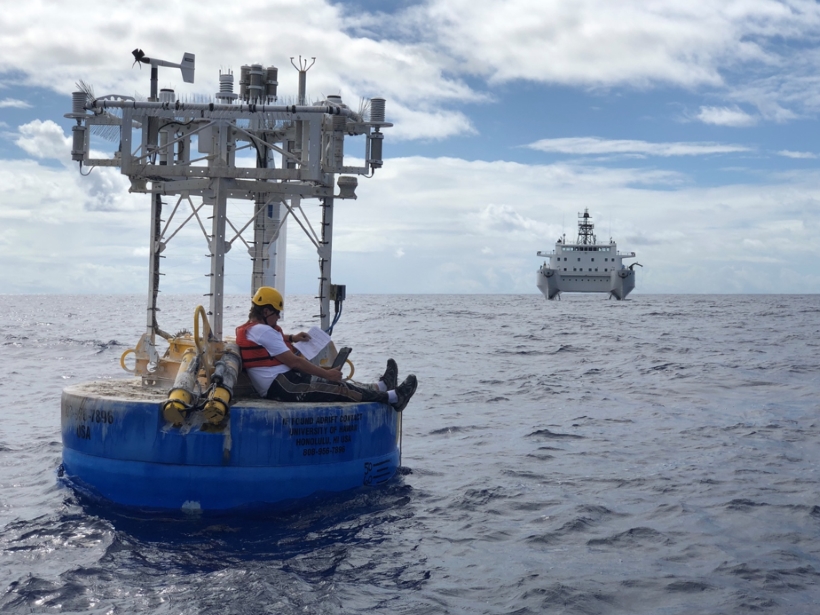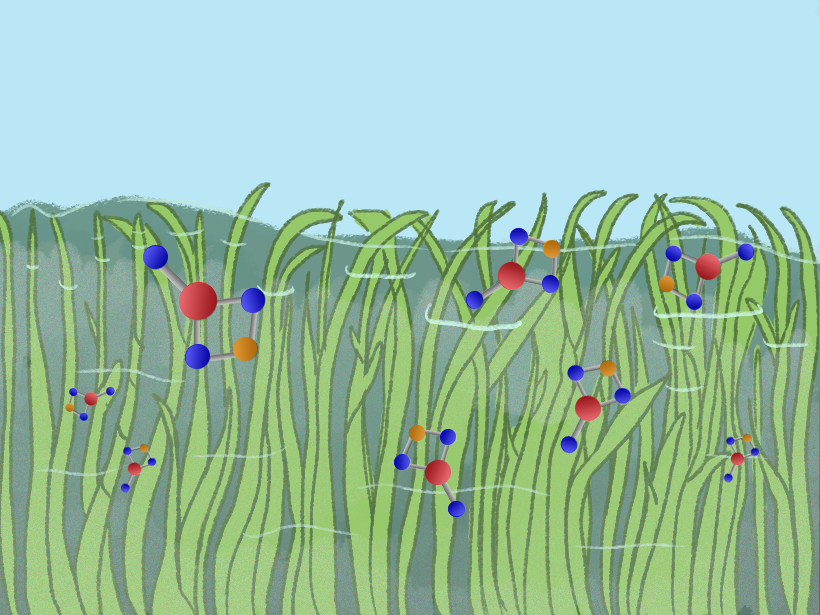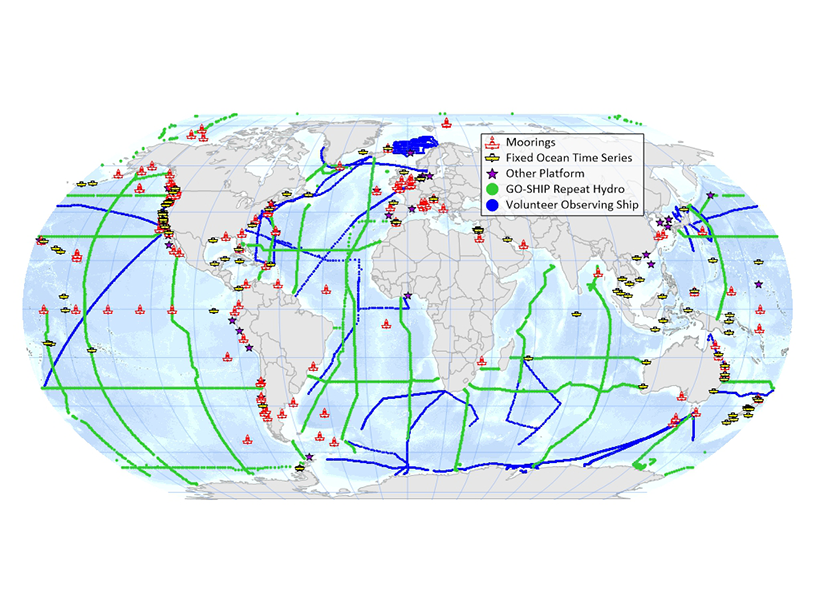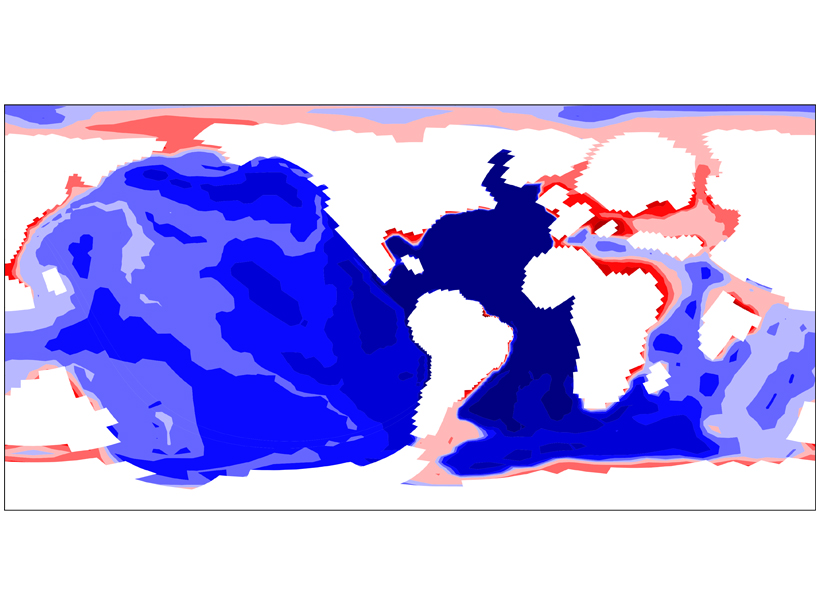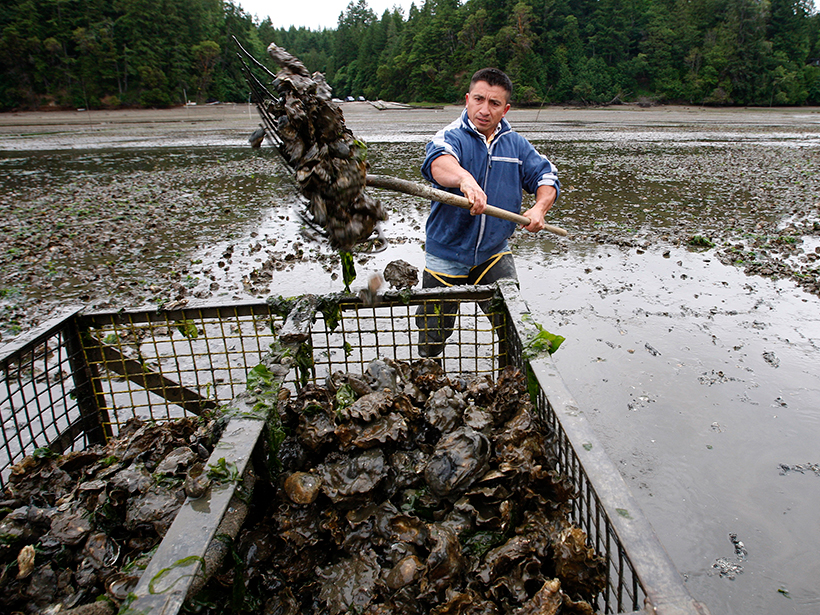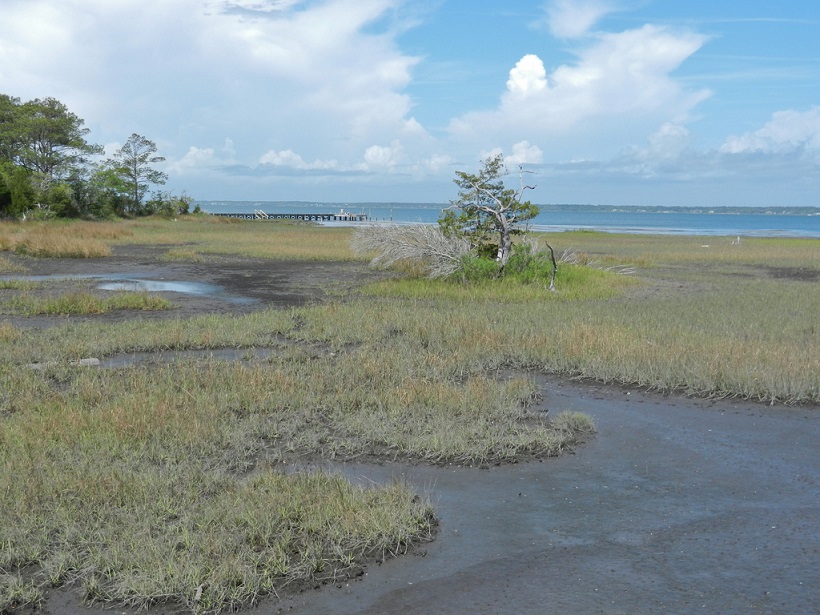New research suggests ocean acidification could make lighting more intense.
ocean acidification
Autonomous Minisubmarine Measures Seawater Conditions
Forecasts of carbonate chemistry in coastal ecosystems determined from seasonal robotic measurements can improve fisheries management and help mitigate short-term ocean acidification events.
Reaching Consensus on Assessments of Ocean Acidification Trends
Scientists are working to establish a common methodology for evaluating rates of change in—and the various mechanisms that affect—acidification across ocean environments.
Climate Change May Shift Coral Population Dynamics
New paleoceanographic research indicates that warming waters may contribute to fewer coral reefs but to a flourishing presence of soft-bodied corals.
Aquatic Plants May Help Chesapeake Bay Resist Ocean Acidification
In freshwater vegetation flats upstream of the Chesapeake, chemical reactions create molecules that raise pH levels in the bay.
Progress and Planning in Understanding Ocean Acidification
The 4th Global Ocean Acidification Observing Network (GOA-ON) International Workshop; Hangzhou, China, 14–17 April 2019
Explaining Ocean Acidification Patterns During Ancient Warming
Asymmetrical changes in ocean circulation and the marine carbon cycle could account for different degrees of ocean acidification between the Pacific and Atlantic.
Developing Ocean Acidification “Champions” in Congress
Ocean acidification “provides a case study of a way that we can drive forward bipartisan action on an environmental issue,” says an Ocean Conservancy scientist.
Coastal Ocean Warming Adds to CO2 Burden
With coastal oceans around the world changing from the effects of urbanization, rising carbon dioxide levels, and climate warming, recent work begins to find new land-sea linkages.
Exploring Ancient Ocean Acidification in the Rock Record
Scientists studying Earth's ancient oceans use a new method to measure ocean acidification and its effect on extinction events.



